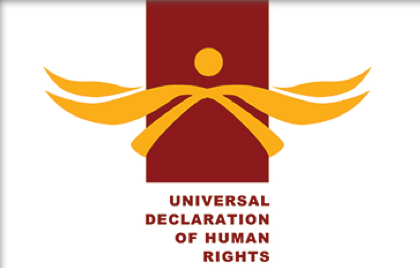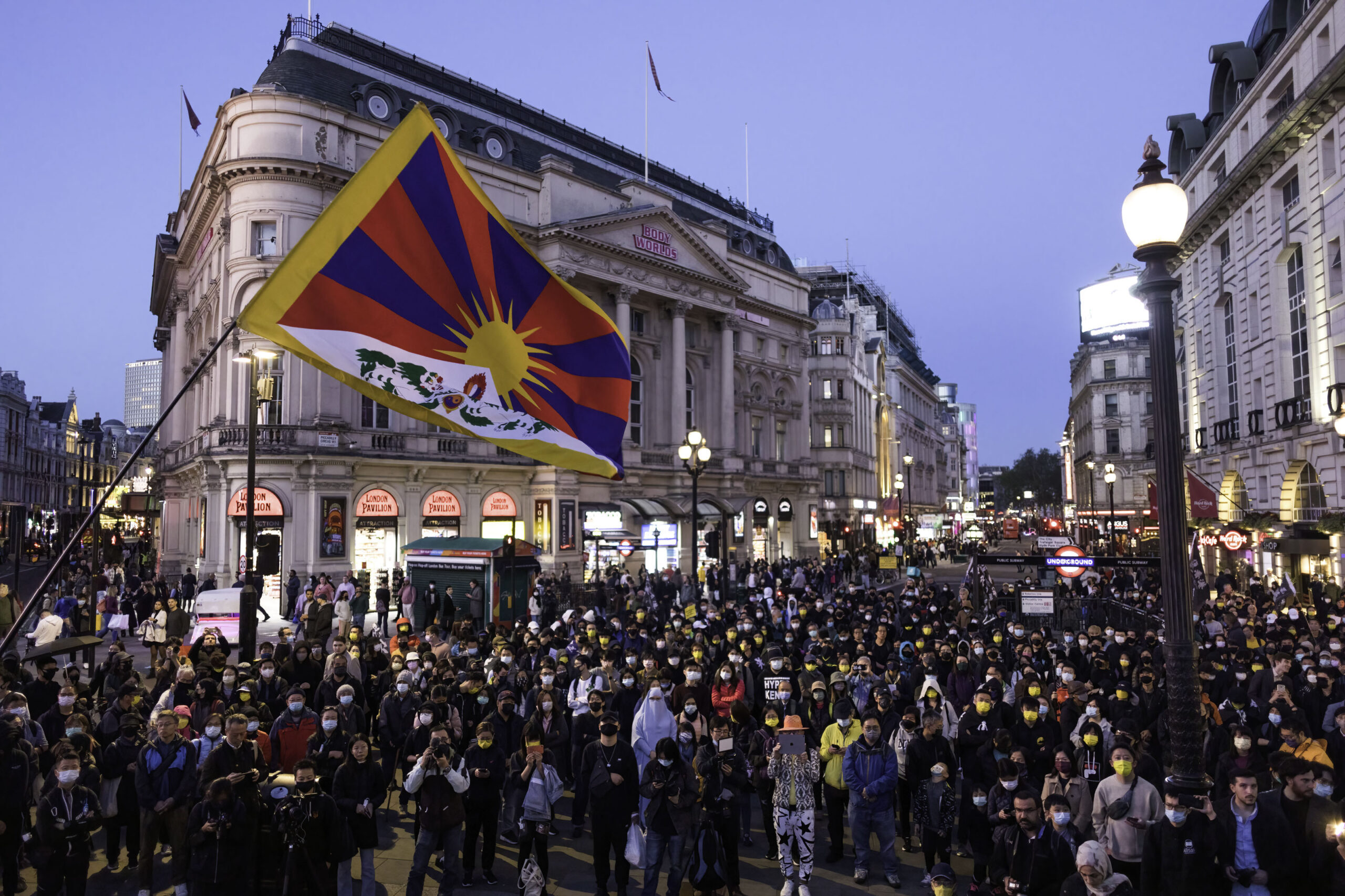- cross-posted to:
- china@sopuli.xyz
- cross-posted to:
- china@sopuli.xyz
Written by Kevin Sheives, Deputy Director of the International Forum for Democratic Studies at the National Endowment for Democracy, and Caitlin Dearing Scott, Director for Countering Foreign Authoritarian Influence at the International Republican Institute.
Beijing’s effort to undermine core democratic values and practices spans the globe and includes: a school in Tanzania where the CCP [Chinese Communist Party] trains members of African political parties; the muzzling of newspaper editors and journalists in Canada, South Africa, and Malaysia; secret pay-to-play deals for PRC-sponsored infrastructure and media projects in Ecuador, Sri Lanka, and the Solomon Islands; the manipulation of university life in Germany, New Zealand, and the United States to limit criticism of the CCP regime and push “positive” views of China; and the use of CCP-affiliated media concerns and business groups to support pro-Beijing political candidates in Australia, Taiwan, and the United States […]
In this campaign [of the CCP], civil society and the broader nongovernmental sector has come under attack. To eliminate any opposition to CCP rule under Xi Jinping, the CCP has conducted a sustained assault on China’s own civil society. As the world saw in the A4 protest movement in November 2022, a single spark could ignite the underlying frustration that so many Chinese citizens face when denied their basic freedoms. At home, the CCP is bent on curbing social unrest by coopting or targeting civil society […]
In South Asia, it financed an academic culture that lauded the Belt and Road Initiative and used fear of lost scholarships to make South Asian students in China avoid “controversial” topics. In Kenya, journalists have said that their reporting on a PRC-built railway brought their publications warnings of ad boycotts by PRC-based companies. And among Chinese dissidents abroad or even foreign citizens of Chinese heritage, Freedom House paints a picture of “the most sophisticated, global, and comprehensive campaign of transnational repression in the world.” […]
In an era when public trust in government and other key institutions has declined, civil society can also speak locally and credibly. Civic organizations’ proximity to their constituents is a key component of their local legitimacy, which can make them effective at countering PRC narratives […]
Advocacy and other civil society activities can also be particularly sensitive to the will of citizens. One Peruvian environmental-advocacy group exposed the negative impact of a PRC company on Amazonian and indigenous areas, activating Peruvian policymakers and even the PRC embassy to address these community vulnerabilities. In Ghana, a consortium of journalists, researchers, and activists exposed Chinese companies’ illegal mining activity. The revelations not only sparked new policy platforms for Ghanaian political parties, but the continued public pressure on Ghanaian law enforcement led to the prosecution of a Chinese national. A Sri Lankan media organization secured greater transparency and access to information for the public by holding public dialogues and conducting investigations of PRC infrastructure projects in the country […]
The sprawling, full-spectrum influence and engagement campaign that the Chinese Communist party-state is waging around the world requires an equally comprehensive response from civil societies, governments, and economic actors that back democracy. Yet civil societies must not wait for governments to act. In this escalating contest of values across democratic societies, the CCP is clearly not waiting either.


